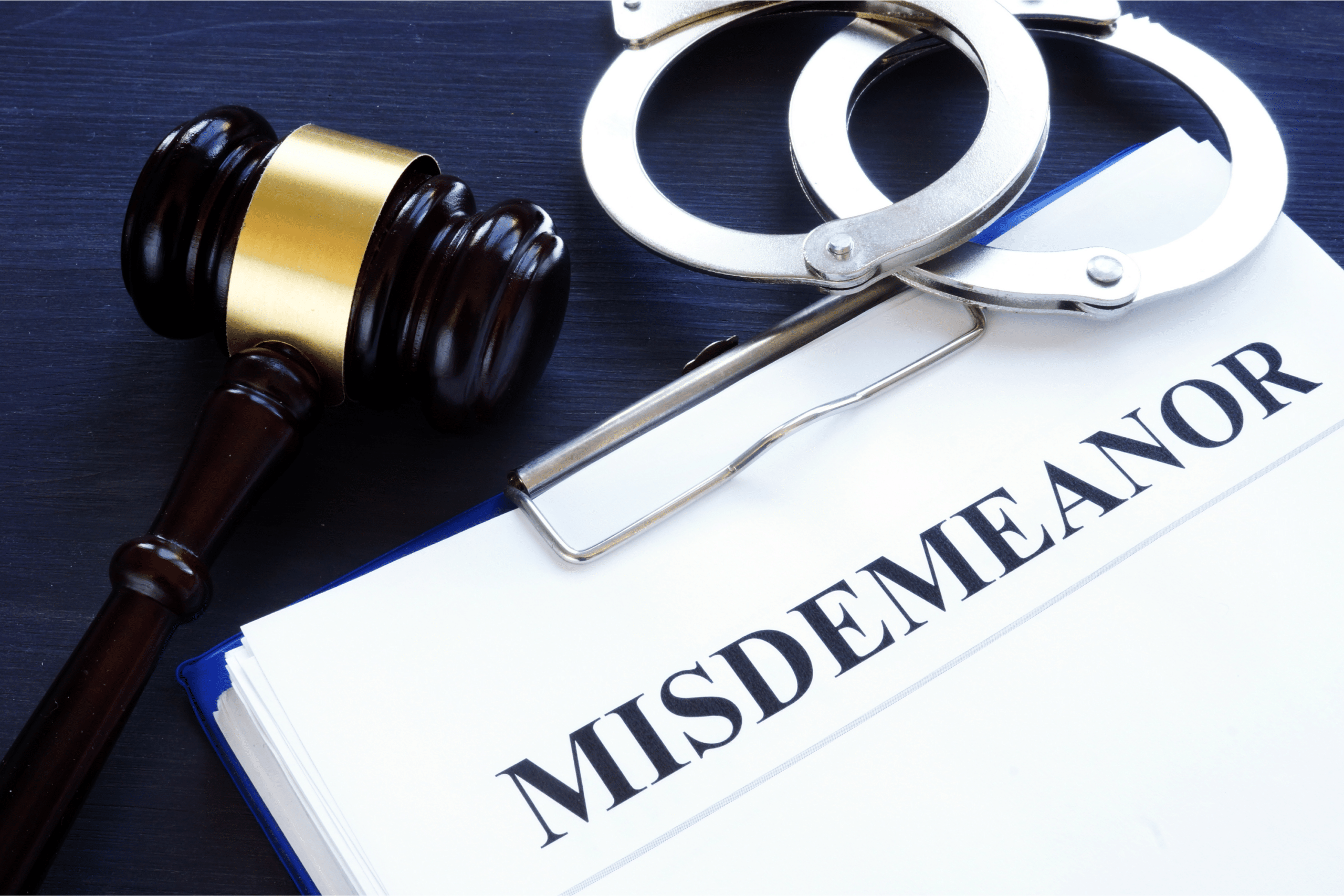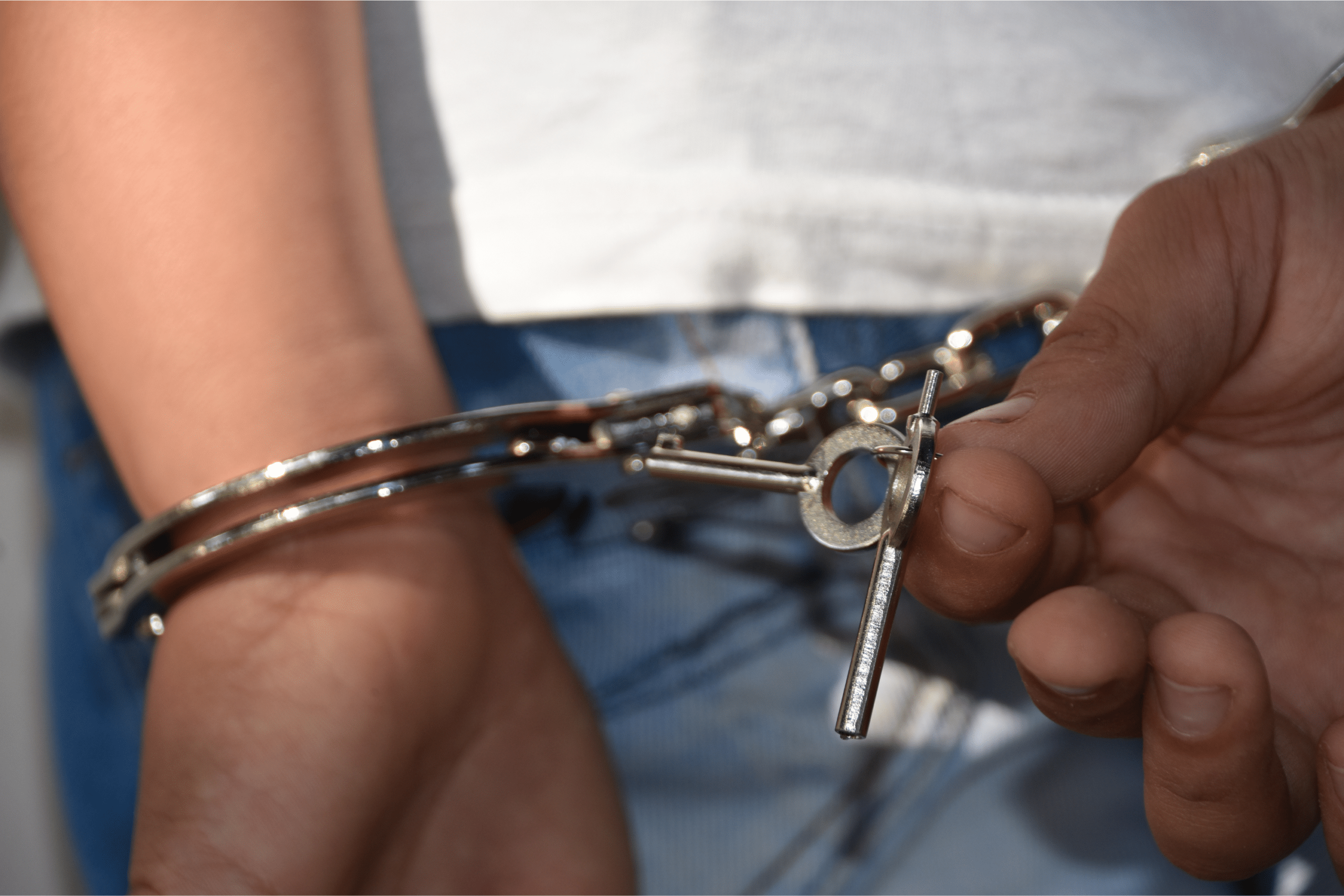Juvenile misdemeanor laws in North Carolina (NC) are a crucial aspect of the state’s legal system, focusing on young offenders aged 6 to 15 years old. These laws aim to strike a balance between holding juveniles accountable for their actions and providing them with opportunities for rehabilitation and growth.
In this blog post, we’ll explore frequently asked questions (FAQs) about juvenile misdemeanor laws in NC, shedding light on the legal issues specific to alleged juvenile offenders.
What is a Juvenile Misdemeanor in North Carolina?
A juvenile misdemeanor in NC is a non-felony offense committed by a minor between the ages of 6 and 15. These offenses include crimes such as petty theft, vandalism, simple assault, and underage drinking. Juvenile misdemeanors are distinct from felonies, which are more serious crimes that can result in harsher penalties.
How are Juvenile Misdemeanors Handled in NC?
When a juvenile is charged with a misdemeanor in NC, the case typically goes through the juvenile justice system. Unlike adult criminal court, the juvenile justice system aims to rehabilitate rather than punish young offenders. Juvenile court proceedings are confidential, and records are not available to the public.
What are the Potential Consequences for Juvenile Misdemeanors?
Juvenile misdemeanors can lead to a range of consequences, depending on the severity of the offense and the minor’s prior record. These consequences may include:
Diversion Programs: In less serious cases, juveniles may be eligible for diversion programs, which involve counseling, community service, or other rehabilitative measures instead of formal court proceedings.
Probation: Juvenile court may impose probation, requiring the minor to follow specific conditions, such as attending school regularly, completing community service, or undergoing counseling.
Juvenile Detention: For more severe offenses or repeated misdemeanors, the court may order juvenile detention, where the minor is held in a secure facility for a specified period.
Fines: Juveniles may be required to pay fines as a consequence of their actions or to make restitution to the victim.
Court-Ordered Rehabilitation: In some cases, the court may order the minor to attend rehabilitation programs aimed at addressing underlying issues, such as substance abuse or anger management.
Can Juveniles Be Tried as Adults in NC?
In certain circumstances, juveniles can be transferred to adult court and tried as adults. This process is known as “transfer to superior court” and typically applies to older juveniles accused of committing serious crimes.
A judge makes the decision to transfer a case to adult court after considering various factors, including the juvenile’s age, the nature of the offense, and the minor’s criminal history.
What Are the Legal Rights of Juvenile Offenders in NC?
Juvenile offenders in NC have legal rights that protect them during the legal process. These rights include:
Right to an Attorney: Juveniles have the right to an attorney, and if they cannot afford one, the court will appoint a public defender to represent them.
Right to Remain Silent: Juveniles have the right to remain silent and not incriminate themselves. Anything they say can be used against them in court.
Right to Due Process: Juveniles are entitled to due process, which includes a fair and impartial hearing, the right to confront witnesses, and the right to present a defense.
Right to Appeal: If a juvenile disagrees with the court’s decision, they have the right to appeal the judgment.
Can Juvenile Records Be Expunged in NC?
In North Carolina, juvenile records are not automatically expunged once a minor reaches a certain age. However, there are provisions in place that allow for the expungement of certain juvenile records.
Generally, non-violent misdemeanors may be eligible for expungement if the juvenile meets specific criteria and has demonstrated good behavior since the conviction.
How Can Parents Support Their Juvenile Offenders?
Parents play a critical role in the lives of juvenile offenders. Here are some ways parents can provide support:
Seek Legal Counsel: Consult with an experienced juvenile defense attorney to understand the legal process and options available.
Encourage Accountability: Encourage your child to take responsibility for their actions and participate in rehabilitation programs if necessary.
Promote Education: Ensure your child attends school regularly and participates in educational opportunities.
Provide Emotional Support: Offer emotional support and guidance during this challenging time.
Juvenile Justice System in North Carolina
Understanding juvenile misdemeanor laws in North Carolina is crucial for parents, guardians, and young offenders themselves. These laws reflect the state’s commitment to balancing accountability and rehabilitation for juvenile offenders.
If you or someone you know is facing juvenile misdemeanor charges, seeking legal advice and support is essential to navigate the complex juvenile justice system and work towards a better future. By adhering to the legal rights and processes outlined in this article, you can make informed decisions and support the best interests of the young person involved.










